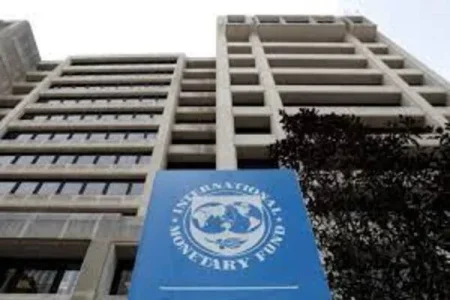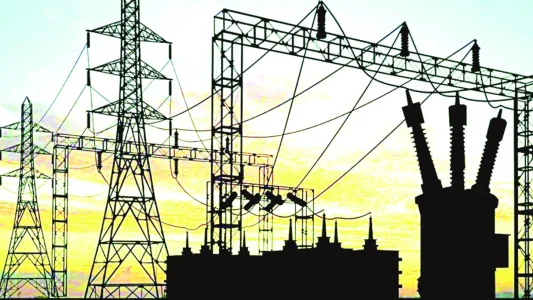
In the wake of the International Monetary Fund's (IMF) recommendation for the Nigerian government to eliminate electricity subsidies, a wave of diverse reactions has swept across the nation. Citizens, taking to social media platforms, have expressed a range of sentiments reflecting skepticism, accusations, and political commentary.
@REAL_OJS, under the username Real-Oj, delivered a satirical comment, urging political figure Tinubu to go even further by charging Nigerians for the air they breathe, sarcastically suggesting that the government may seek additional avenues for revenue. This sentiment echoes the frustration and cynicism prevalent among some members of the public.
On a more critical note, @kenny_naija questioned the effectiveness of electricity subsidies, emphasizing that despite government interventions, there has been no significant improvement in power supply. This viewpoint highlights a common concern among citizens who feel that government initiatives often fall short of delivering tangible benefits.
@dino_desmond_, expressing a lack of faith in the government's responsiveness to the needs of the people, suggested that the authorities might heed the IMF's advice, interpreting it as potentially detrimental to the citizens' well-being.
@Kingsley1463388, echoing the sentiment of many, expressed uncertainty about what would remain if subsidies were completely removed, emphasizing the significant role subsidies play in various aspects of daily life.
@CassyOkosisi reflected on the ongoing hardships experienced by Nigerians and questioned the perceived lack of consideration for citizens in the IMF's recommendations. This sentiment underscores the public's frustration with what they view as advice detached from the reality of the hardships faced by the average Nigerian.
As the debate intensifies, voices like @topadler and @karhf2003 are raising questions about the feasibility and appropriateness of IMF's suggestions, citing the theoretical nature of some recommendations and past disparities in advice provided to Nigeria compared to other nations.
The story unfolds against the backdrop of a nation grappling with economic challenges, highlighting the intricate relationship between citizens and economic policies, as well as the complex interplay between international financial advice and local governance. The diverse reactions serve as a testament to the nuanced perspectives shaping public discourse in Nigeria.



